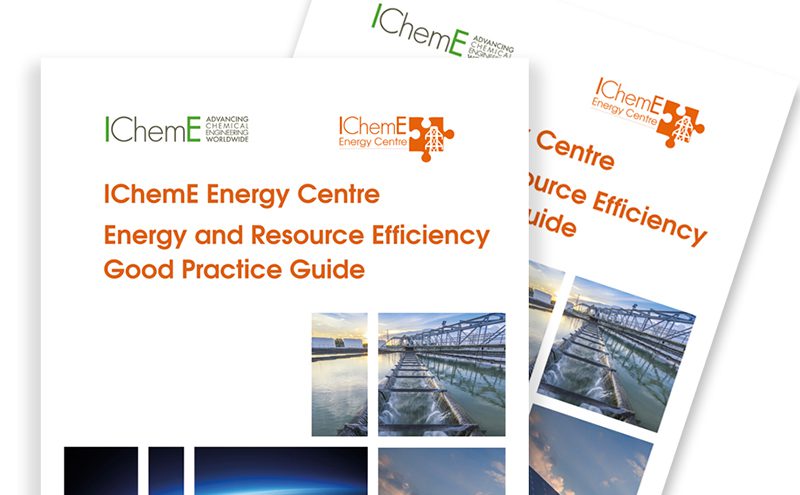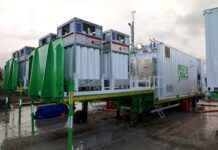
The Institution of Chemical Engineers (IChemE) Energy Centre has launched a good practice guide in energy and resource efficiency that it says will help engineers and organisations to reduce energy and waste and support international climate change reduction targets.
The Energy and Resource Efficiency Good Practice Guide was launched at the IChemE Energy Centre’s annual meeting on 15 January, along with a series of chemical engineering case studies that describe “innovative energy and resource efficiency projects in various sectors.” The virtual meeting was attended by 147 people from around the world.
The launch of the guide comes after world leaders recently gathered at the Conference of Parties 24 (COP24) in Katowice, Poland to discuss how they are working to reduce emissions and achieve the global 1.5°C target.
Several elements of the Katowice Rulebook for implementing the targets set out in the 2015 Paris Agreement were agreed upon at COP24; including how governments will measure, report on and verify their emission reductions. However, it was reported that there was a lack of technical focus on how countries plan to achieve emission targets.
The timing of the IChemE Energy Centre’s new guide is key, as it sets out guiding principles and practical advice for organisations to execute successful projects, which will ultimately support international climate change targets. It covers the whole process through scoping the boundaries of what will be considered, building a business case, overcoming common obstacles, and ensuring the best protection for all environmental systems.
Following the launch of the guide, Mark Apsey, Vice Chair of the IChemE Energy Centre Board and Lead on IChemE’s Energy and Resource Efficiency Task Group, said:
“With increasingly severe warnings about the impact of human activities on our climate and planet, there has never been a more crucial time to maximise our efficiency and minimise our footprint. Working in some of the most energy and resource intensive industries in the world, chemical engineers are uniquely positioned to address these challenges and reduce the impact we have on the life support systems of our single, shared planet.
“The Energy and Resource Efficiency Good Practice Guide and the case studies are aimed to inform and guide organisations to make positive changes and think differently about how we deploy our limited energy resources. I hope they will find this contribution helpful, thought provoking and, above all, a catalyst for urgent action.”
Interested parties can download the Energy and Resource Efficiency Good Practice Guide and the case studies on the Energy Centre webpage.
The case study series will be published over the next few weeks and includes a unique facility by Canadian waste management company Enerkem that is successfully converting 100,000 tonnes of landfill waste per year into 38 million litres of liquid biofuel. The production of waste-based biofuels is reducing greenhouse gas emissions by 60% compared to fossil fuel production by using a feedstock which not only reduces landfill but also has no impact on land use or competition with food supply.
The Energy Centre is looking for further positive examples that others can learn from. If you have a case study you think may be of interest, please contact energycentre@icheme.org.







